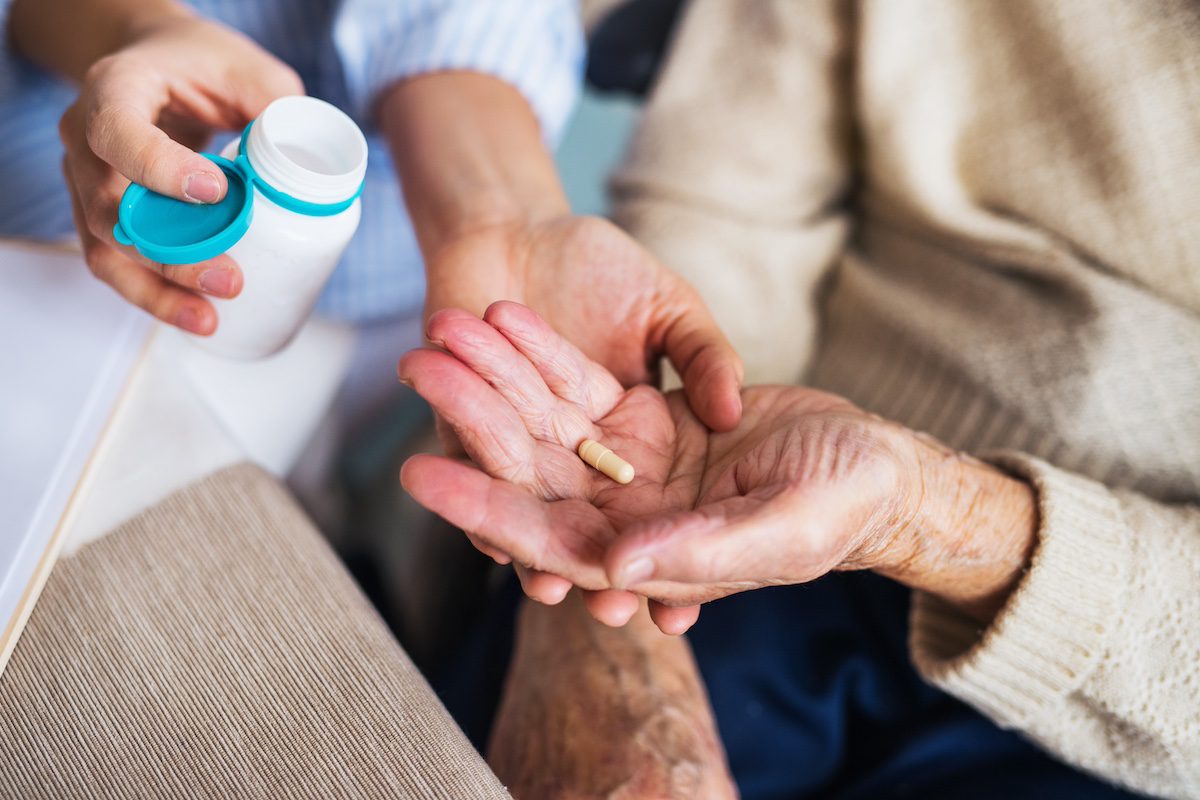Whenever you have a loved one in hospice care, it can be hard to make the first visit—seeing a person you have known for a long time in poor health can be emotionally taxing. However, it’s something you need to do if you can. A visit can give your loved one joy or comfort in their final days and, it will provide you with a chance to say goodbye and peace-of-mind.
Whenever you begin visiting hospice patients, there are a few things you need to consider before heading their way. While we believe visits can be hugely beneficial for both sides, we also understand that every situation is different, and you should handle it accordingly. Here are some of our tips on how to approach visiting a loved one in hospice care.
Our General Tips
Connection to family, friends and loved ones is essential to the end-of-life transition. You want to make the most of your visits, and your loved ones do too. The biggest thing to remember is: be yourself. Your loved ones usually don’t want to be treated differently than they were before hospice.
Call Ahead
Calling ahead is a courteous way to let your friend or family member know you are coming. A quick call will also help you see if they are in a place to see visitors. If you can, ask if there is anything you can bring to cheer them up. Certain foods or other small items can help your loved one feel at home. This call will also give you a heads up into how much time you think you can stay with your loved one. Start around 15-20 minutes and adjust according to how the patient is feeling.
Allow Your Loved One to Lead the Conversation
Whenever you visit someone in hospice care, it can be challenging to know what to talk about. Allow your friend or family to speak about what they would like to if they are responsive. Some will want to talk about more profound, end-of-life thoughts, while others may want to keep it more casual. Ask questions and be prepared to listen.
Bring a Friend, If You Can
While some patients prefer to have one-on-one conversations, bringing a spouse, sibling, child or friend can make the visit more comfortable. A University of Michigan Health article outlines some specific guidelines a patient with ALS requested for visitors. One of the suggestions was to bring a friend because many patients have a difficult time responding. Having someone else to converse with allows the patient to listen if they can’t carry on a conversation with you.
What to Say to a Dying Loved One: Talk About Good Memories
If you don’t know where to start, bring old photos, home videos, or your loved one’s favorite music. If you have some stories about something you did with the patient, share that with them.
Cooperate with Caretakers and Medical Staff
Hospice and medical staff have to come in and out of patient rooms or homes to make sure that they are comfortable. Be courteous and understanding if a caretaker needs to interrupt your visit.
Sit, Don’t Stand
Whenever you are with your loved one, sitting helps you be closer to eye level. This positioning can put both sides at ease and make the conversation more comfortable.
Allow for Moments of Silence
If you are talking with them and the conversation dies down, be willing to sit in silence for a few minutes. Some patients need a moment to gather their thoughts. Visits can be tiring, so give them a break. In most cases, your presence is the most crucial part, not your conversation’s content. If your loved one is up for it, consider participating in one of the activities laid out in a previous blog: “Activities to Enjoy with Your Loved One.”
Don’t Visit if You Are Sick
What may not seem like a big deal to us is a big deal to our loved ones dealing with weak immunity. Cancer and other life-limiting illnesses can cause the immune system of those in hospice care to decline rapidly. Make sure you are healthy before visiting. If you are experiencing flu-like or cold symptoms, stay home, and make a phone or video call instead.
Wash Your Hands and Sanitize
If you aren’t sick, you still can carry germs on your hands. Make sure to thoroughly wash your hands before and after visiting your loved one. Those who are in hospice care can have weaker immune systems. Handwashing helps protect them from germs you may come in contact with daily.
Do you have a loved one who is nearing the end of his or her life? Don’t go with just any hospice provider, choose a hospice team that will serve your loved one excellent care with genuine kindness and respect. Contact us at Crown Hospice of Cape Girardeau or Crown Hospice of Poplar Bluff for more information about our hospice and palliative care programs.


